Director: Keiichi Ozawa
Cast: Tetsuya Watari, Chieko Matsubara, Izumi Ashikawa, Eimei Esumi, Jukei Fujioka, Shoki Fukae, Joji Hidehara, Seishiro Iwate, Meiko Kaji, Hatsuko Kawahara, Ichiro Kijima, Toshizo Kudo, Kayo Matsuo, Hideaki Nitani
Running Time: 97 min.
By Kelly Warner
Outlaw: Gangster VIP 2 catches up with our gangster protagonist Goro Fujikawa (Tetsuya Watari) as he rides a train out of Tokyo to reunite with the woman he sent away at the end of the first film. The train takes him to a snowy town in the country, as far from the buzzing metropolis as you can get, and Goro makes a strong attempt at going straight and working a normal job. But he needs money to help a friend and his job doesn’t provide reliable income, so he’s forced to return to the yakuza life, taking him back into the city.
It’s too bad that the film so readily returns to the sort of scenarios that populated the original. In the first act of Gangster VIP 2, the film suggests a very different sort of story, one with less action and more character drama set against a snowy backdrop. (Some of the shots immediately call to mind Watari’s wanderer of Tokyo Drifter, who also traveled to the snowy countryside to escape his rivals.)
When Goro returns to the world of the yakuza in order to get the funds and help a friend, he loses himself and forgets his purpose. His friends go forgotten as well, their condition taking a turn for the worst when he fails to come to their aid. There’s something compelling about the idea of the yakuza lifestyle being like an addictive drug—that, when you reconnect with it, you abandon your friends and your original goals. But Goro becomes less interesting in VIP 2 as he develops into a character that doesn’t know what he wants, drifting through life and only acting when loyalty and morals dictate that he must.
In many ways, Goro’s the least important part of the film’s plot, which again returns to the theme of friends who find themselves on opposing sides in gang warfare. At the center of the plot is a Romeo and Juliet love story between a low-ranking yakuza and the sister of the rival boss. Ryohei Uchida (Blind Woman’s Curse) and Hideaki Nitani (Voice Without a Shadow) chew up the scenery as the leaders of the two rival gangs, while Meiko Kaji (Stray Cat Rock) makes a good impression in her small, early role as the sister/lover stuck in the middle of the two gangs.
Another welcome addition to the cast is Kunie Tanaka (Battles Without Honor and Humanity), who plays an underachieving yakuza with a grudge against Goro. Tanaka’s his usual squirmy, sweaty self and I think his character is one of the best parts of the film. He’s the forgotten antagonist, holding no alliance to either of the warring yakuza clans, acting only for himself. It’s a part similar to that of Tomorowo Taguchi’s in Rainy Dog, though not nearly as dark.
Thankfully the sexism found in the first film is toned down here, allowing women to be individual characters instead of plot devices or solely existing to motivate the men. Chieko Matsubara returns as Goro’s kinda-sorta love interest (it’s almost more of a big brother/little sister relationship at this point) and she gets more to do than simply acting as the naïve, doe-eyed virgin.
After the greatness of the first film, I would’ve liked it if Toshio Masuda returned to the director’s chair for the sequel, but that didn’t happen. Stepping in for Masuda is one of his assistant directors from earlier films, Keiichi Ozawa. In his directorial debut Ozawa doesn’t show Masuda’s flair for filming action. Whereas the knife fights of the first film occasionally inspired awe, here they just felt like a hundred other similar brawls seen in Japanese films. Ozawa’s drama lacks subtlety, with one death scene going so far as to have a ray of Heaven’s light shine down on the dying character before they pass away. Ozawa would return to direct three more films in the series, so I’m hoping he improves with more experience.
The film doesn’t simply stick to a formula like some sequels, it reuses some of the same beats, shots, and acting moments from the first film. Gangster VIP 2 even attempts to recycle the style of the original’s finale by splitting the action between two competing sequences—I loved the effect in the first film, but here it doesn’t really work.
The fact that Gangster VIP 2 teased a totally different vision in the opening act makes the remaining hour of the film all the more disappointing… It’s really not a bad film, it’s just a lazy one.
Kelly Warner’s Rating: 6.5/10

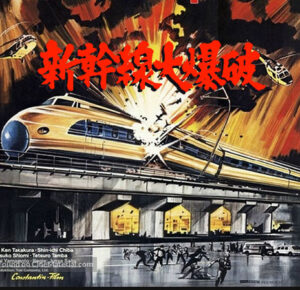
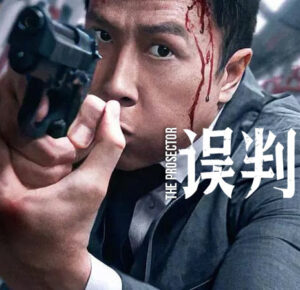

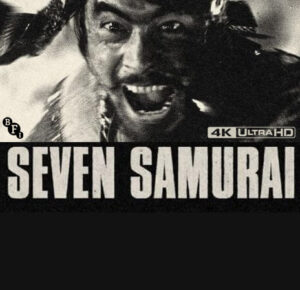
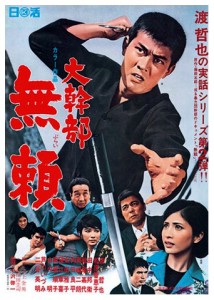
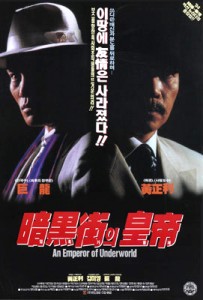

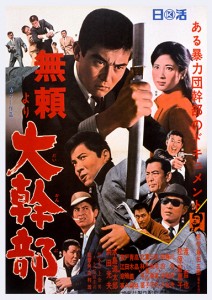


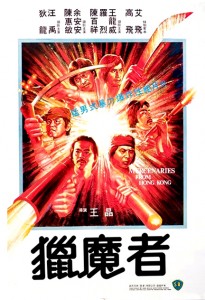





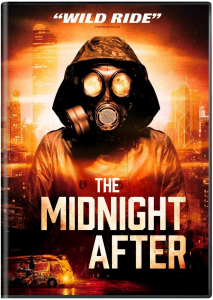





Be the 1st to Comment